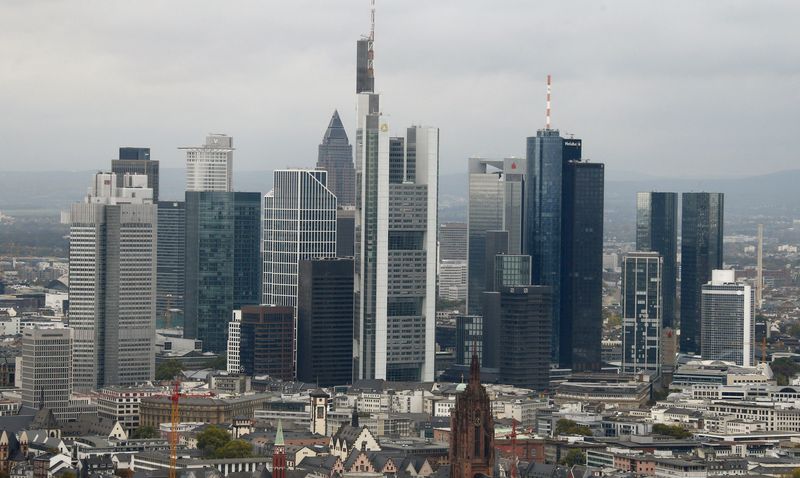BERLIN (Reuters) - German industry has called for a delay to a global minimum corporate tax by at least a year to 2025 to give companies more time to prepare given the current crisis, according to a position paper published by industry association BDI on Monday.
"The ambitious timetable of applying the minimum tax as early as 2024 is not realistic against the background of the enormous complexity of the associated new regulations," BDI said.
The shake-up, the biggest overhaul of cross-border tax rules in a generation, which nearly 140 countries agreed to last year, aims to take better account of the emergence of big digital companies, such as Apple (NASDAQ:AAPL) and Amazon (NASDAQ:AMZN) that can book profits in low-tax countries.
The Organisation for Economic Cooperation and Development (OECD), which has been shepherding the global minimum tax, had said in July that the new rules were on course to take effect in 2024.
BDI said implementation of the new rules and the preparation of IT processes would be very time-consuming and resource-consuming for companies, calling for a simplification of the process, for transitional arrangements and for a postponement until at least 2025.
It also rejected the idea that Germany could implement the minimum tax without legislation being passed across the European Union.

The governments of the EU's five biggest economies, including Germany, said last month they would implement the new tax rules next year by "any possible legal means" if Hungary does not lift its opposition at the EU level.
BDI said that going it alone would harm the competitiveness of the German economy as it would generate costs for German parent companies.